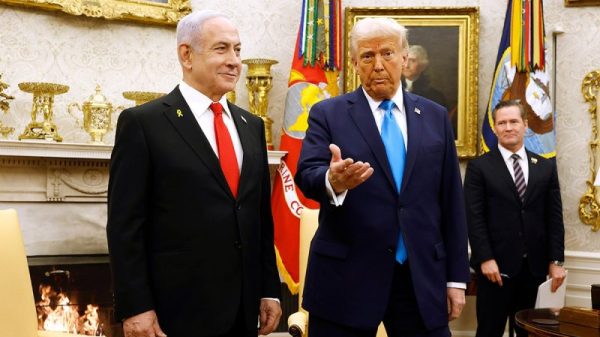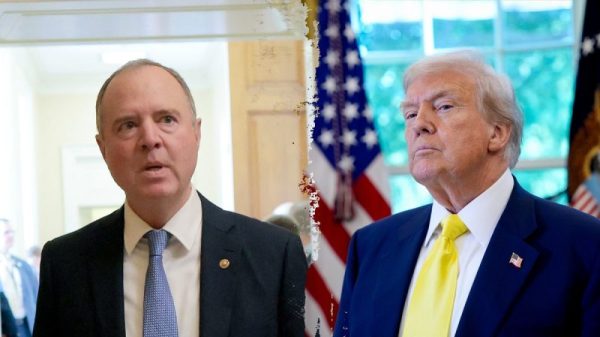In his second term, President Donald Trump has initiated a controversial strategy of surrounding himself with loyalists and allies, a move that has sparked both praise and concern among political analysts and the public. While the president’s decision to fill key positions within his administration with individuals who have proven their loyalty and support for his policies may be seen as a strategic move to consolidate power, it also raises questions about the impact on governance and democracy in the United States.
One of the notable aspects of Trump’s approach is his reliance on personal loyalty as a criterion for selecting members of his team. By choosing individuals who have publicly expressed unwavering support for him, the president is signaling his intent to establish a cohesive and committed circle of advisers and officials. This approach stands in contrast to traditional practices, where administrations typically prioritize expertise, experience, and qualifications when making appointments.
Critics of Trump’s strategy argue that such a narrow focus on loyalty could hamper effective governance and decision-making. By surrounding himself with individuals who may be more inclined to agree with him rather than challenge his views, the president risks creating an echo chamber that stifles debate and critical thinking within the administration. This lack of diverse perspectives could lead to policy failures and oversights that are detrimental to the country.
Moreover, the emphasis on loyalty over competence raises concerns about the integrity of key government agencies and institutions. The appointment of individuals solely based on their allegiance to the president could undermine the professionalism and impartiality of public offices, eroding public trust in the government. Critics warn that this practice may set a dangerous precedent for future administrations, encouraging the politicization of bureaucratic roles and compromising the efficiency and credibility of governmental operations.
On the other hand, supporters of Trump’s approach view it as a necessary step to counter what they perceive as entrenched opposition and resistance within the establishment. By appointing individuals who share his vision and priorities, the president aims to streamline decision-making processes and advance his policy agenda with greater efficiency and unity. Advocates argue that loyalty to the president is an essential quality for officials serving in his administration, ensuring that they are aligned with his goals and committed to executing his mandate.
Ultimately, the debate over Trump’s reliance on allies and loyalists in his second administration reflects broader tensions surrounding leadership, governance, and democracy in the United States. While the president’s strategy may offer certain advantages in terms of cohesion and alignment, it also raises valid concerns about the need for diversity, expertise, and independence in decision-making processes. As the administration moves forward, the impact of Trump’s approach on the functioning of government and the preservation of democratic norms will continue to be a subject of scrutiny and debate.


































